
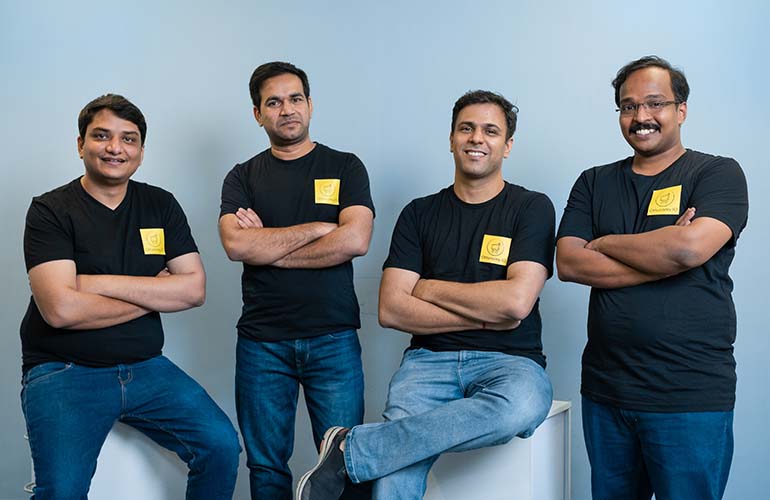
Founder Ritukar Vijay is freeing up nurses’ time with AI-powered logistics—and reshaping the future of care.
Ritukar Vijay once dreamed of being an Air Force pilot or a professional athlete. Today, he’s building a fleet of autonomous delivery robots that are reshaping healthcare logistics. As CEO and Co-Founder of Ottonomy, Ritukar is solving one of the most pressing challenges hospitals face: labor shortages. He’s doing it with AI-powered bots that can navigate elevators, crosswalks, and even access doors, freeing up time for nurses to focus on what they do best—caring for patients.
In this Q&A, Ritukar shares how sports taught him resilience, why hunger is his lifelong driver, and how one insight about nurses’ daily steps helped Ottonomy pivot toward one of its most meaningful applications.
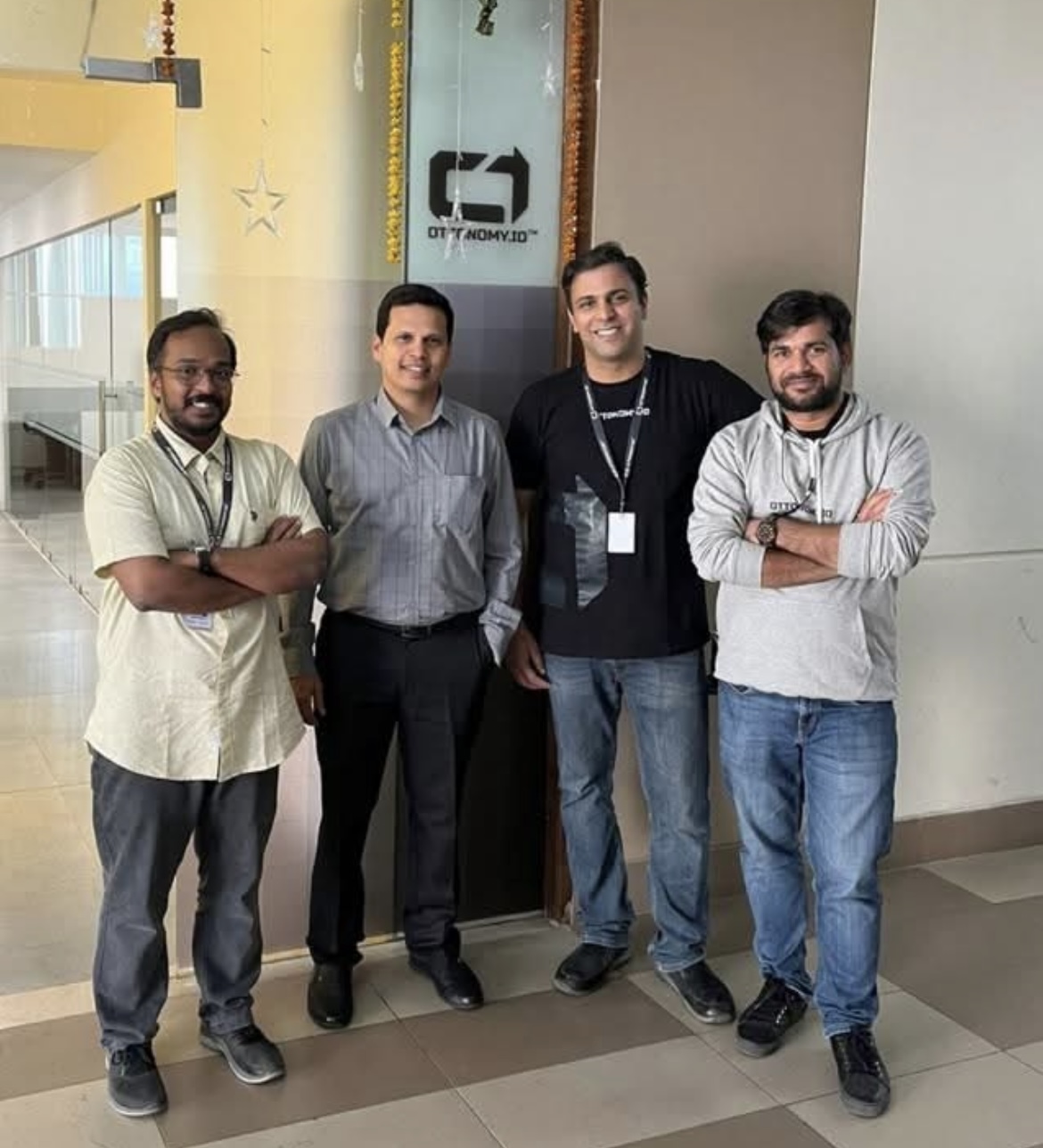
Q: Where did you grow up, and what did you want to be as a kid?
I grew up in Jaipur, India. When I was a kid, I wanted to be an Air Force pilot or a sports star. Both dreams came from the same place—the thrill of being part of a big, meaningful mission.
Q: How did sports shape your path?
Sports took me through high school and taught me some of my biggest lessons. How to win, how to lose, and most importantly, how to keep going. Those lessons are the foundation of my entrepreneurial journey. Even today, I rely on that resilience.
Q: What values from your childhood stuck with you the most?
Hunger. Always being eager to do more than what’s expected. That drive is critical, not just early in your career but even when you’re leading a multimillion-dollar company. You’ve got to keep that fire alive if you want to reach the next level.
Q: Let’s talk about Ottonomy. What do you do?
Ottonomy builds AI-powered autonomous delivery robots that operate both indoors and outdoors. They can navigate everything from hospital corridors to malls to city sidewalks. That kind of flexibility sets us apart.
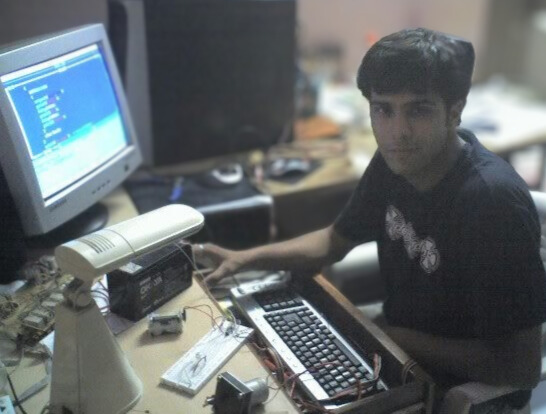
Q: What was the origin moment of the company?
It started around 2019, during the peak of COVID. We realized that hyperlocal deliveries were underserved, especially in environments where navigation is complex. That’s when we began building robots that could handle real-world logistics, like elevators and door access.
Q: What led you to focus on healthcare?
It actually came from conversations with the team at Catalyst. We learned that nurses walk 15,000 to 20,000 steps per day, much of it to complete tasks that aren’t central to patient care. With a shrinking workforce, that seemed like a problem worth solving.
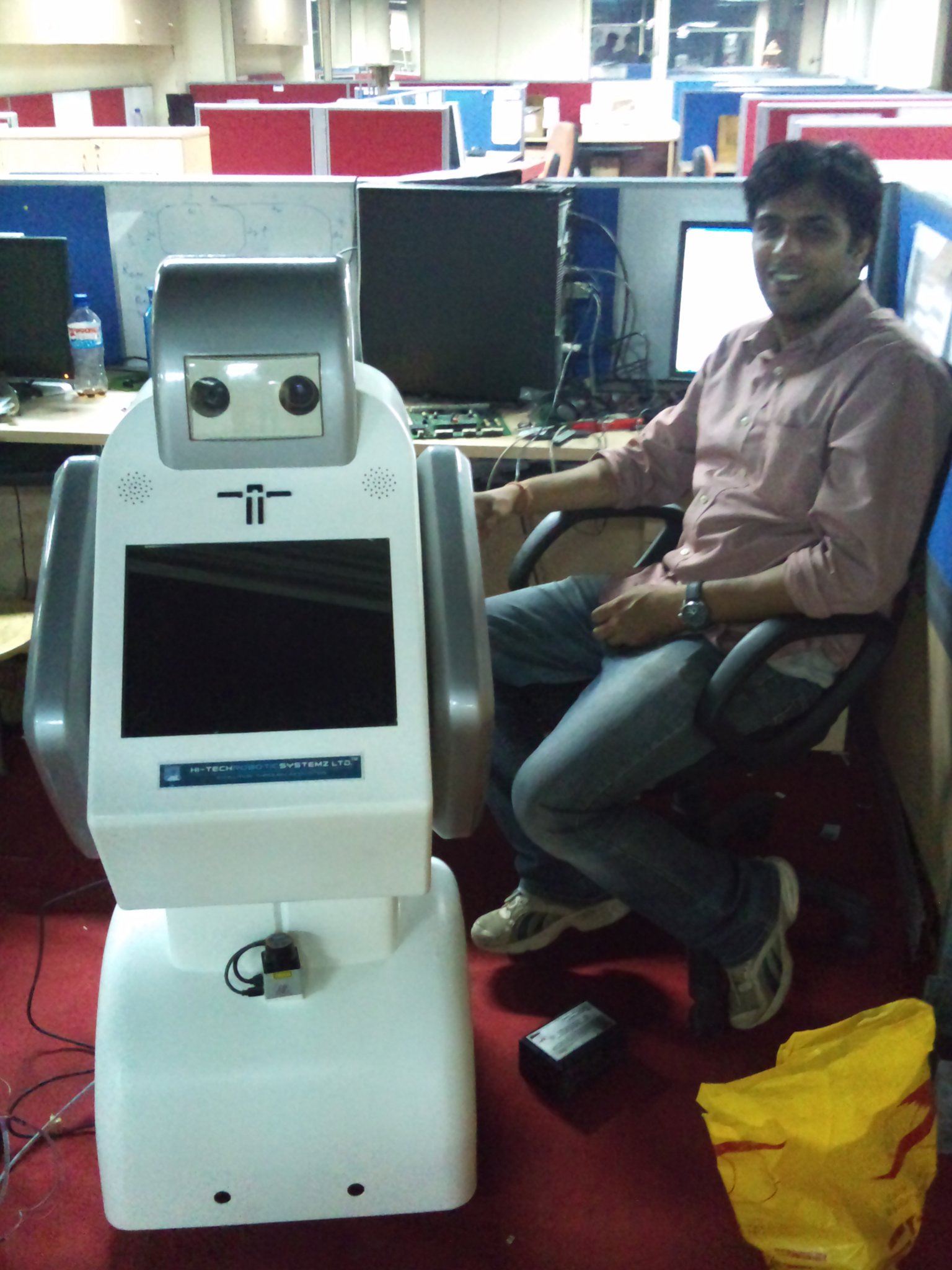
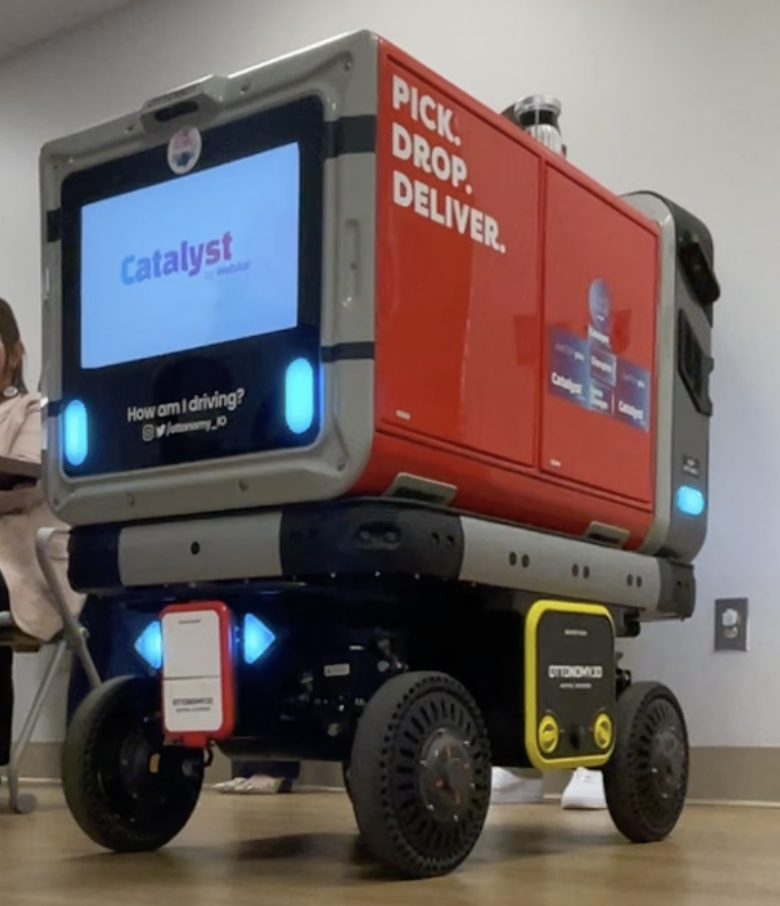
Q: So Ottonomy isn’t about replacing people—it’s about empowering them?
Exactly. We’re not replacing humans. We’re helping them do more of what matters. Robots take care of the repetitive logistical work so people can use their skills where they’re needed most.
Q: What does Catalyst’s support mean to you?
It means a lot. Catalyst is more than an investor. They’re a true partner. Our early discussions with them didn’t just validate our approach; they helped us find a new focus. Healthcare is now one of our strongest growth areas, and Catalyst played a key role in making that possible.
Q: Where do you see Ottonomy in the next few years?
We’re building toward becoming a billion-dollar company. But even more important, we’re solving real problems at scale. The momentum is there, and the vision is clear.